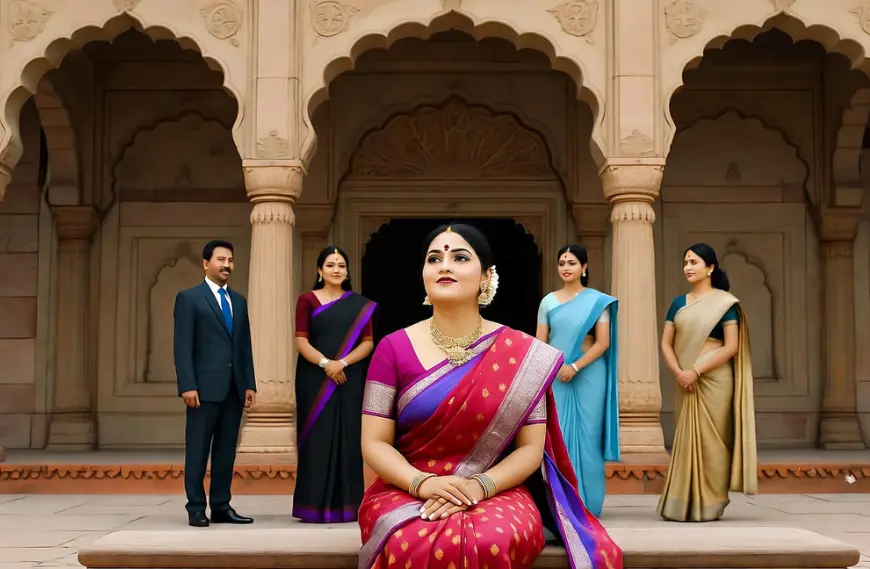In a landmark decision, India’s Supreme Court has awarded compensation to a transgender woman teacher whose employment was terminated by two private schools one in Uttar Pradesh and another in Gujarat because of her gender identity. This ruling underscores India’s growing commitment to advancing transgender rights and sets a significant precedent in the global discourse on LGBTQ+ legal protections. It sends a clear message that discrimination based on gender identity will not be tolerated.
Background of the case
The petitioner, a transwoman teacher, had been appointed by both schools to teach and contribute to education in her respective institutions. However, after she disclosed her gender identity, both schools abruptly terminated her services. The Supreme Court, led by Justice J.B. Pardiwala, deemed these actions unlawful, emphasizing that gender identity should never be a reason for employment dismissal. The Court highlighted that transgender individuals are entitled to the same rights, dignity, and protections as any other citizen, especially in workplaces and educational institutions.
Formation of a committee for transgender rights
Alongside awarding compensation, the Supreme Court established a committee headed by Justice Asha Menon, a retired judge of the Delhi High Court. The committee’s role is to formulate an equal opportunity policy for transgender persons, ensuring their rights and protections in education, employment, healthcare, and other sectors. Notably, the committee includes well-known activists and experts who advocate for transgender and LGBTQ+ rights. This step demonstrates India’s commitment to fostering a more inclusive society and creating practical mechanisms to prevent discrimination in the future.
Global implications
This ruling positions India as a progressive nation in terms of LGBTQ+ legal protections and contributes to the global conversation on transgender rights. By aligning with international human rights standards, India sets an example for countries struggling to address discrimination based on gender identity. The decision not only provides immediate relief to the petitioner but also encourages other transgender individuals to assert their rights and strengthens legal protections for marginalized communities worldwide.
The Supreme Court’s decision marks a significant step forward in India’s journey toward an inclusive society. By recognizing the rights of transgender individuals and taking concrete action to prevent discrimination, India sets a powerful example for other nations. As the committee works to implement comprehensive policies, the global community will observe closely, hopeful that this milestone will inspire further progress in transgender rights, equality, and dignity around the world.
Subscribe Deshwale on YouTube

